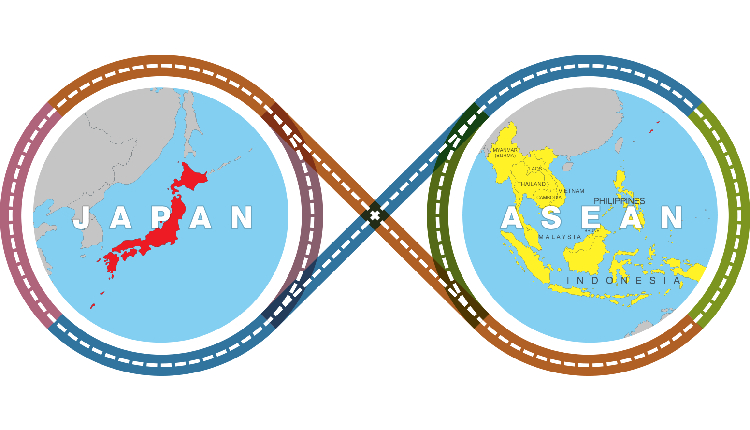Japan and the Association of Southeast Asian Nations (ASEAN) are collaborating on a joint strategy for automobile production and sales to counter China’s growing influence in the Southeast Asian EV market, the Nikkei Asia reported on Monday.
This collaboration aims to strengthen Japan’s role as a key partner for ASEAN countries. Japanese automakers such as Toyota and Honda currently lead the region’s automotive industry, producing over 80 per cent of vehicles and exporting a substantial amount to global markets.
The new strategy, set to be completed by September 2024, aims to sustain this leadership amidst increasing competition from China.
The joint strategy will include several key areas:
Skilled workforce development: Japan will allocate 140 billion yen from the Ministry of Economy, Trade and Industry’s budget to train workers in digital technologies in factories and parts suppliers as part of personnel training initiatives for the Global South.
Decarbonisation efforts: Using Japanese technology, the strategy will focus on measuring and reducing carbon dioxide emissions from factories, while promoting the shift towards renewable energy sources.
Securing resources for the future: Joint efforts will target procurement of rare earth elements used in EV batteries, along with exploring battery recycling technologies. Biofuel development with used cooking oil is also under consideration.
Global marketing push: A collaborative advertising campaign will showcase the environmental sustainability practices of ASEAN-produced vehicles to the global market, boosting overall auto exports.
Market forecasting: Collaboration on predicting trends in the global automotive market, particularly in developing countries, will extend through 2035.
This unified approach marks a significant shift from the previous model where individual Japanese brands operated independently within ASEAN. The increasing strength of Chinese companies like BYD and SAIC Motor has prompted the need for a more coordinated Japanese strategy.


